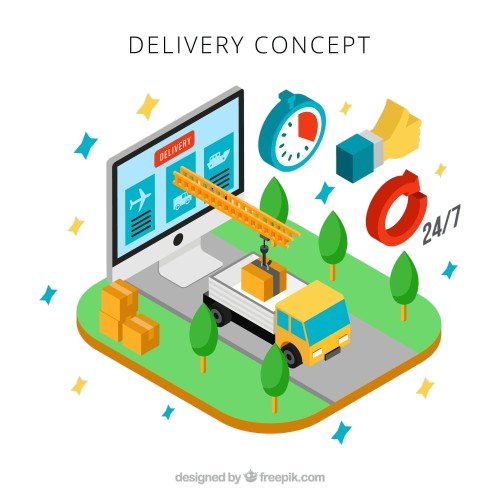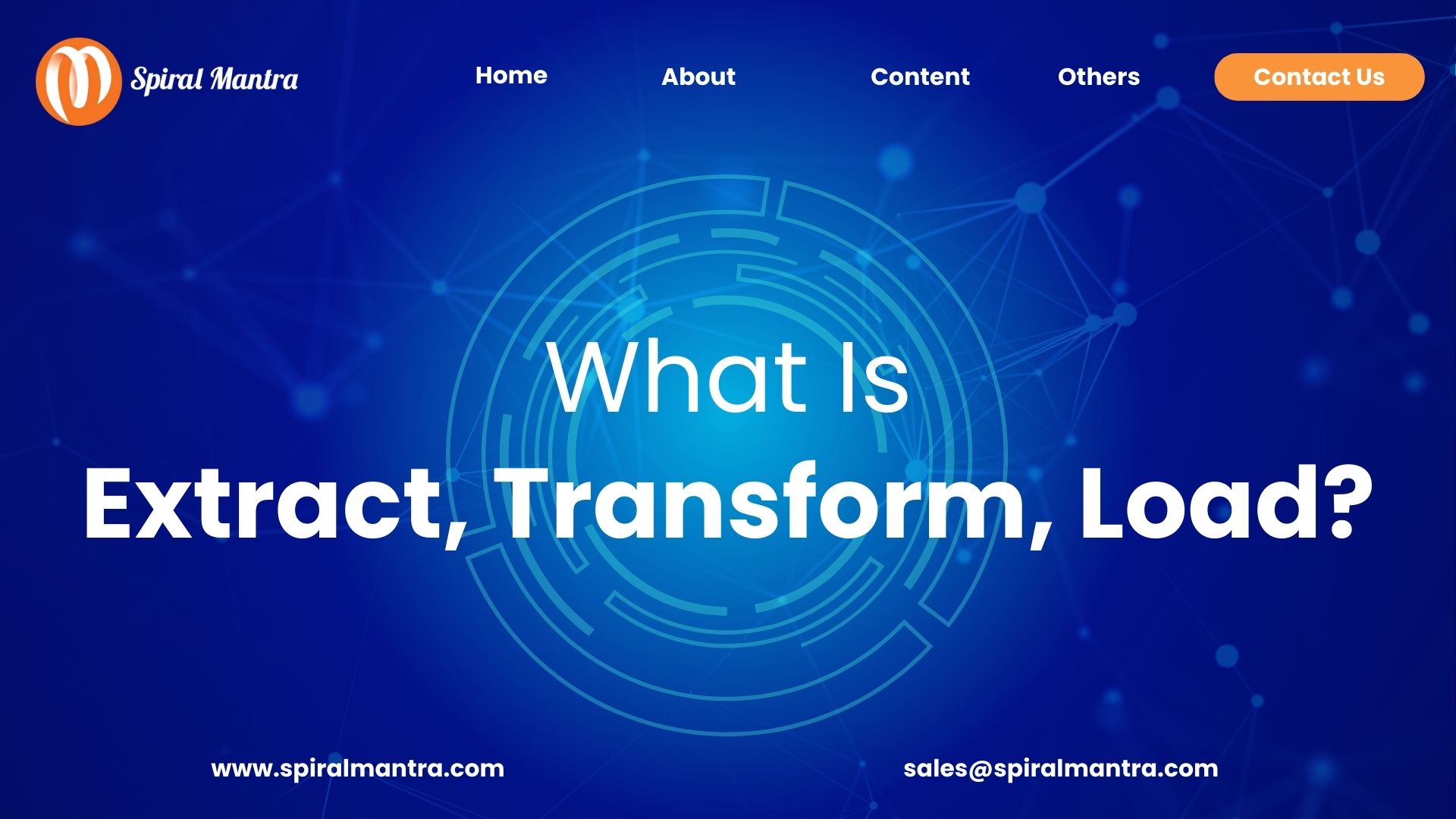Streamlining Supply Chains: Innovative Software Solutions for Transportation and Logistics
Discover cutting-edge software solutions for transportation and logistics to streamline supply chains, enhance efficiency, and drive operational excellence. Explore innovation today!

Supply chains are the lifeblood of global commerce, connecting manufacturers, distributors, and retailers to ensure goods move seamlessly across regions. Yet, as industries grow increasingly complex, traditional methods of managing logistics have struggled to keep pace. Enter innovative software solutions—a game-changer for transportation and logistics. Let’s unpack how technology is revolutionizing the sector, making supply chains smarter, faster, and more efficient. If you want a transportation software development, you can get in touch with the best transportation and logistics software development company.
Why the Supply Chain Needs Innovation
The modern supply chain is a labyrinth of interconnected processes, each vulnerable to inefficiencies. From unpredictable shipping delays and fluctuating fuel costs to regulatory hurdles and labor shortages, the challenges are abundant. Without the right tools, businesses risk delays, financial losses, and dissatisfied customers. Traditional approaches—like manual tracking or siloed operations—lack the agility and scalability to address today’s dynamic logistics landscape.
Innovative software solutions fill this gap by offering real-time visibility, predictive analytics, and automation. They empower companies to optimize operations, reduce costs, and respond proactively to disruptions.
Key Features of Logistics Software
-
Real-Time Tracking and Visibility Modern logistics platforms provide end-to-end tracking, enabling stakeholders to monitor shipments in real-time. This transparency not only builds trust with customers but also helps businesses react swiftly to unexpected events like weather disruptions or port congestion.
-
AI and Machine Learning Artificial intelligence (AI) and machine learning (ML) algorithms analyze historical data to forecast demand, optimize routes, and predict maintenance needs for transportation fleets. This predictive capability ensures better planning and reduces waste.
-
Automation of Repetitive Tasks Tasks like scheduling shipments, generating invoices, and managing inventory can be automated, freeing up human resources for more strategic roles. Automation also minimizes errors that are common with manual data entry.
-
Integration Across Systems Seamless integration with existing enterprise resource planning (ERP) and warehouse management systems (WMS) ensures that all parts of the supply chain communicate effectively, eliminating silos.
-
Sustainability Features Many platforms now offer tools to calculate carbon emissions and identify greener transportation routes, helping companies meet their sustainability goals.
Benefits of Implementing These Solutions
The impact of adopting cutting-edge logistics software is profound. Businesses see a reduction in operating costs, thanks to better route optimization and fewer delays. Enhanced customer satisfaction is another win, as real-time updates and faster deliveries meet rising consumer expectations. Furthermore, predictive analytics help mitigate risks by identifying potential disruptions before they escalate.
For example, during the COVID-19 pandemic, companies leveraging advanced logistics software were better equipped to adapt to shifting demand patterns and supply chain bottlenecks, compared to those relying on outdated methods.
Future Trends in Supply Chain Software
As technology evolves, the logistics sector is poised for even greater transformation. Here are a few trends to watch:
-
Blockchain for Enhanced Security: By providing an immutable ledger of transactions, blockchain ensures transparency and security in supply chain operations.
-
Autonomous Vehicles and Drones: These technologies promise to revolutionize last-mile delivery, making it faster and more cost-effective.
-
IoT Integration: Internet of Things (IoT) devices, such as smart sensors, can provide real-time data on vehicle conditions, temperature control for perishables, and more.
-
Hyper-Personalization: Software solutions will increasingly leverage data to offer tailored recommendations, whether for optimizing inventory or customizing delivery options.
Conclusion
The transportation and logistics sector stands at the cusp of a technological revolution. Innovative software solutions are not just tools but essential allies in streamlining supply chains. By embracing these advancements, businesses can enhance efficiency, reduce costs, and deliver superior customer experiences. For companies seeking to stay competitive in this ever-evolving landscape, adopting these solutions isn’t optional; it’s imperative. If you’re ready to transform your operations, explore the benefits of partnering with a Streamlining Supply Chains: Innovative Software Solutions for Transportation and Logistics company to take your supply chain to the next level.
What's Your Reaction?




















